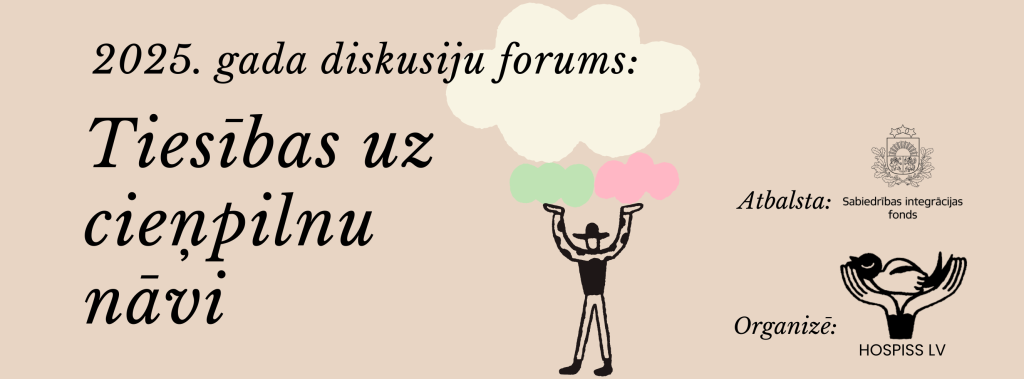Medics continue to work hard to fight the Covid-19 pandemic, but there is no limit. They also need time for themselves and their loved ones to breathe and take care of their emotional and physical health, so we would like to thank every supporter and supporter of the campaign, as the news from the medics warms our hearts.
"Thank you so much for this opportunity for the whole family to relax and see Rezekne together," write the guests about the Rezekne all-house "Zaļā sala", which voluntarily hosted the medics, allowing them to enjoy the peace and quiet of the Rezekne River.
As for the holiday home "Piekūni" at the foot of Gaiziņš, the medical staff say that "we had a wonderful time relaxing, walking around and seeing the farm. The hostess treated us to birch sap and wrote us good words of strength to take away."
The campaign is also helping not only the medical profession, but also rural homes, guesthouses and hotels that have been negatively affected by the pandemic. Many of the houses are family businesses, run by hosts and hostesses with the lightest hearts, so it is a pleasure to be able to introduce other people to the beautiful places to stay in the Latvian countryside, and maybe someone will want to go and visit the lovely hosts and hostesses.

